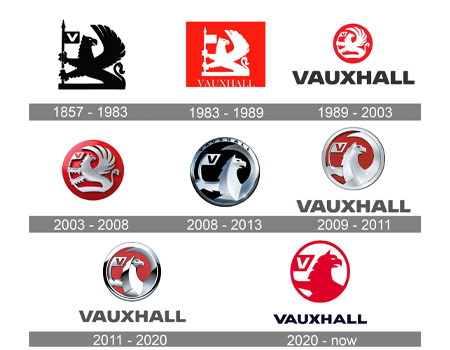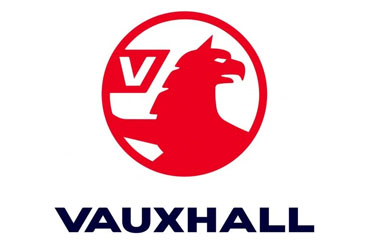
Vauxhall, a name that resonates with car enthusiasts and commuters alike, has been a prominent player in the automotive industry for over a century.
As the spotlight shifts towards this British automaker, we delve into its intriguing history and explore the key questions that surround it. Who owns Vauxhall? Is it truly British? Where are Vauxhall cars made? Why is Vauxhall called Opel, and what’s the story behind their logo?
Buckle up as we embark on this journey to discover the essence of Vauxhall.
Who Owns Vauxhall?
Vauxhall’s ownership has undergone a series of changes over the years.
In 1857, Vauxhall was established by Alexander Wilson, initially focusing on the production of pumps and marine engines. In 1863, the company came under the ownership of Andrew Betts Brown, who expanded its operations to include the manufacturing of travelling cranes.
Under his leadership, the company was rebranded as the “Vauxhall Iron Works”. The transition to car manufacturing occurred in 1903, and it was around this time that the company reverted to its original name.
In 1925, it was acquired by General Motors (GM), the American automotive giant. For many decades, Vauxhall was under GM’s ownership, becoming one of the brand’s European subsidiaries.
However, in 2017, General Motors sold Vauxhall and its sister brand Opel to the French automotive company Groupe PSA (now known as Stellantis).
This transition marked a significant shift in Vauxhall’s ownership, as it was no longer directly controlled by an American corporation, but instead became a part of a European automotive conglomerate.

Is Vauxhall British?
The question of Vauxhall’s nationality is a matter of debate. While it is true that Vauxhall has a rich history in the United Kingdom, it is no longer under British ownership.
Since 1980, Vauxhall products have closely mirrored those of Opel, with the majority of models primarily engineered in Rüsselsheim am Main, Germany.
As of 2017, Vauxhall is part of Stellantis, a multinational corporation with French and Italian roots.
Nevertheless, Vauxhall continues to have a strong presence in the UK, with manufacturing facilities and a significant market share, which keeps its British connection alive.
Where Are Vauxhall Cars Made?
Vauxhall-branded vehicles are produced in Opel facilities located in Germany, Spain, and Poland, in addition to their production in the United Kingdom.
The company has two major manufacturing plants in the UK: one in Ellesmere Port, Cheshire, and another in Luton, Bedfordshire.
These plants produce a range of Vauxhall vehicles, including the Astra and Vivaro models. Vauxhall’s commitment to manufacturing in the UK underscores its ongoing contribution to the British automotive industry.
Why is Vauxhall Called Opel?
The connection between Vauxhall and Opel is rooted in the ownership history of both brands. Vauxhall and Opel have shared common ownership for decades.
When General Motors owned both companies, they often integrated their products, platforms, and technologies. This led to many Vauxhall cars being virtually identical to their Opel counterparts.
As a result, some Vauxhall models were branded as Opel in other parts of Europe, particularly in continental Europe. This cross-branding was a strategic decision to streamline operations and leverage economies of scale.

What is the Vauxhall Logo?
The Vauxhall logo, a well-recognised symbol, is a striking combination of a Griffin and a flag. The Griffin, a mythical creature with the body of a lion and the head of an eagle, represents strength and power.
The adoption of the mythical creature, the Griffin, dates back to the early days of the brand. This emblem was derived from the ancient coat of arms of Sir Falkes de Breaute, a 13th-century British soldier.
Sir Falkes resided in a house known as Vauxhall, which eventually lent its name to the entire district. In 1857, it was within this district that the automobile manufacturing company was founded, bearing the name Vauxhall in honour of the district’s historical significance.
In conclusion, Vauxhall’s journey through the automotive world has seen changes in ownership, the internationalisation of its products, and a commitment to British manufacturing.
While it may no longer be under British ownership, Vauxhall continues to be an integral part of the UK’s automotive landscape, producing cars with a unique blend of European heritage and British character.
The griffin emblem, proudly adorned on Vauxhall cars, is a testament to their enduring strength and the fusion of their history with a diverse, ever-changing global automotive industry.




